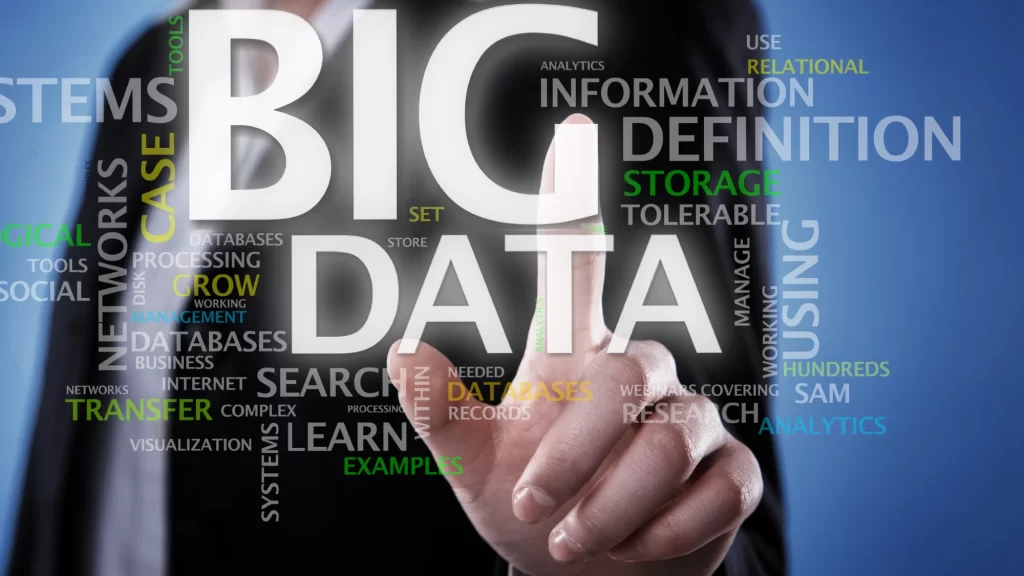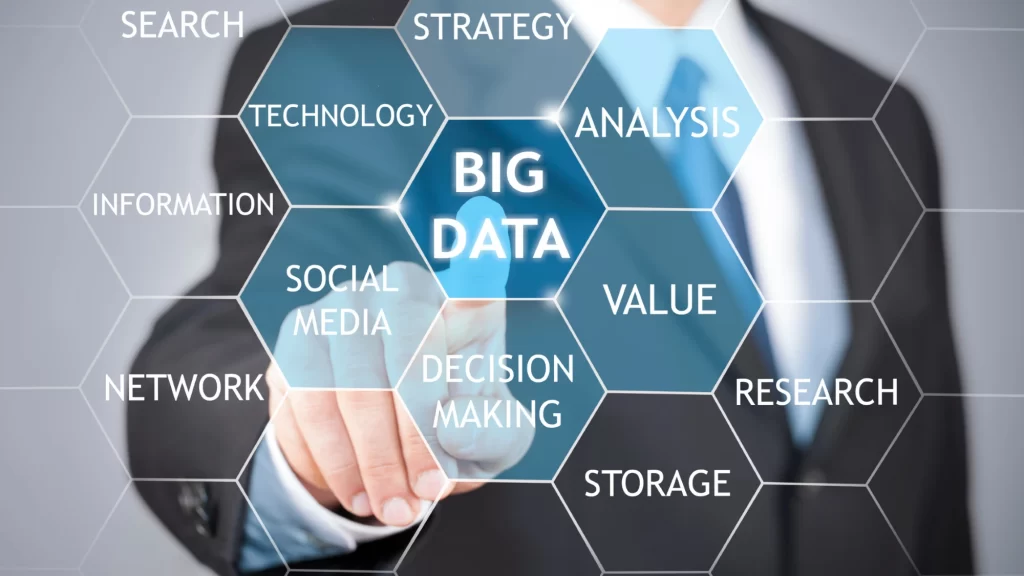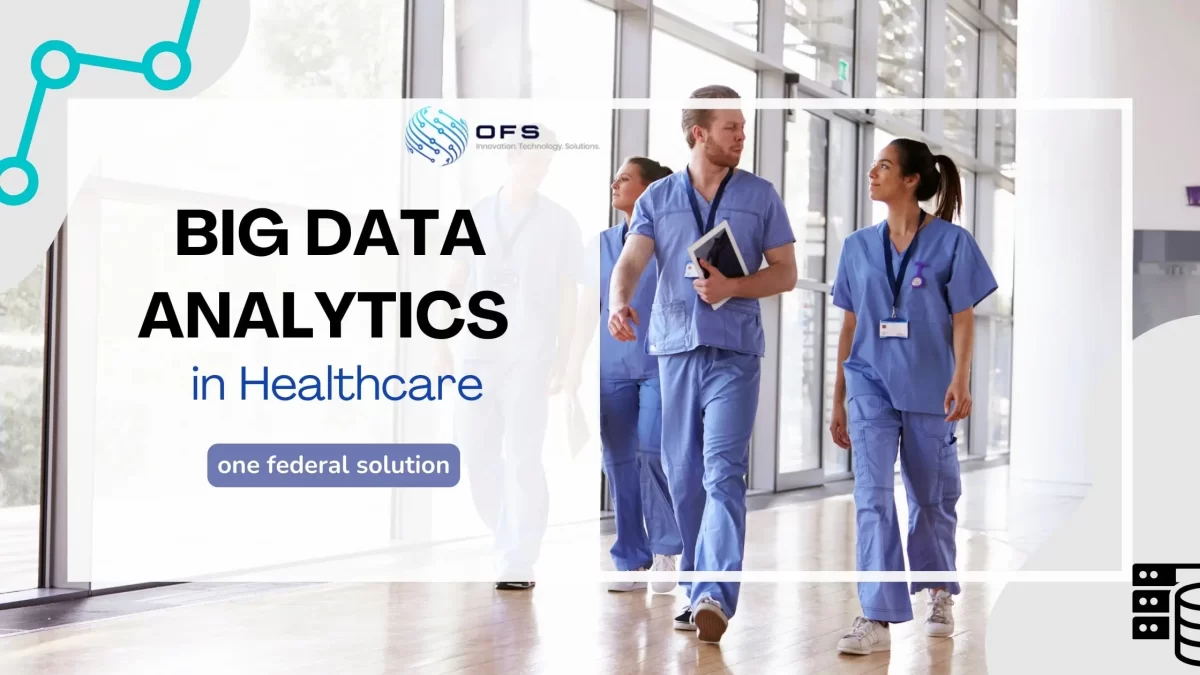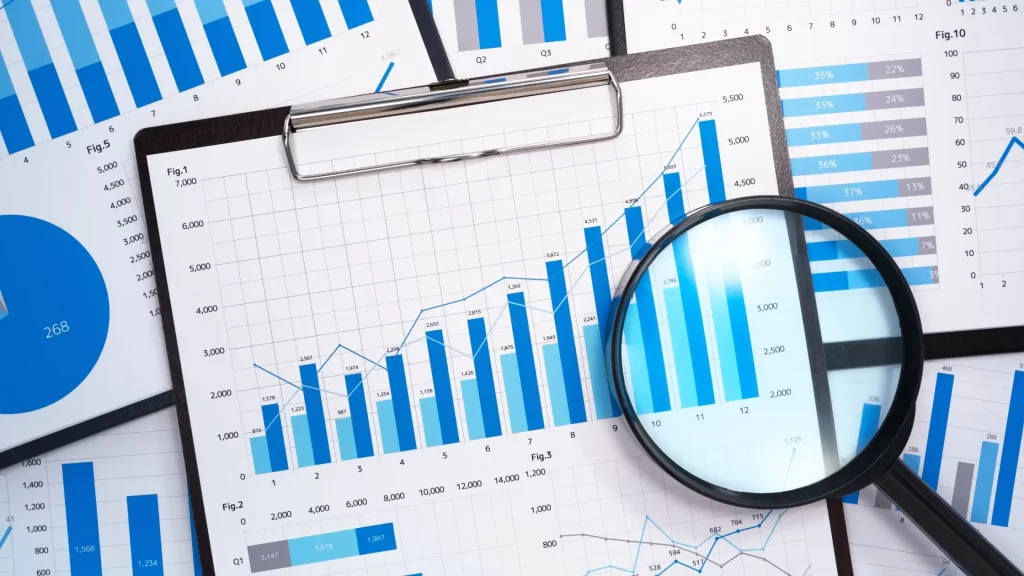Data analytics assists in making informed decisions by converting raw “numbers” into useful insights. Most organizations delve into their data to determine trends, learn about customer behavior, and predict future results. For instance, a retail firm can monitor customer buying habits by examining its sales data. Likewise, a hospital can predict seasonal disease outbreaks by examining patient records.
Can big data analytics benefit the government sector? Of course, yes.
The government sector can harness the immense power of data to make smarter decisions, improve services, and build a more responsive and efficient public sector—just like its private counterpart.
In this blog, we will explore how big data analytics in the government sector is transforming public administration, its key applications, benefits, and challenges, along with the role of predictive analytics in the public sector and big data for policy making.
Big Data in Government: An Overview
Big data in government is the influx of data that agencies can use to improve governance, develop better polices, and manage their responsibilities more effectively. It can be structured, semi-structured, and unstructured—sourced from their own systems, partnerships, citizen communications, research, and contributions from the private sector and academia.
Examples of the data gathered in the public sector that can be utilized in big data analytics include public health records, service user databases, fiscal records, and taxation data.
Governments may utilize this information to enhance efficiency, make wiser decisions, and deliver enhanced services to people.
How Can Governments Leverage Big Data?

Governments at all levels—local, state, and federal—can use big data analytics to make data-driven decisions. Some key applications include:
1. Public Health
Disease Outbreak Prediction
- Analyzing search engine queries (e.g., “flu symptoms”), social media posts, and pharmacy sales data to identify potential disease outbreaks before they are officially reported.
- Combining weather data, travel patterns, and population density to predict the spread of infectious diseases.
Personalized Healthcare
- Utilizing electronic health records (EHRs) to identify high-risk patients for specific conditions and provide targeted interventions.
- Analyzing population-level health data to identify inequities in healthcare access and outcomes, informing public health initiatives.
Monitoring Chronic Disease
- Processing wearable device data and mobile app data to track citizens with chronic diseases and trigger early intervention.
2. Transportation
Traffic Management
- Monitoring real-time traffic data from cameras and sensors to optimize traffic movement, adjust traffic light timing, and reduce congestion.
- Using mobile phone data to provide insights into commuter behavior and improve public transport scheduling.
Infrastructure Maintenance
- Analyzing sensor data from roads and bridges to detect structural weaknesses and predict maintenance needs.
- Processing public transit vehicle locations through GPS to create optimal routes and predict delays.
Smart Parking
- Using sensor measurements to facilitate real-time availability of parking spots for citizens.
3. Law and Public Safety
Predictive Policing
- Analyzing crime rates, population statistics, and social media activity to identify areas with a high probability of crime.
- Using previous data to discover patterns in criminal activity and allocate police resources more effectively.
Emergency Response
- Combining 911 call data, social media tips, and weather conditions to coordinate emergency response activities during natural disasters or other crises.
- Using real-time mobile phone location data to identify people in need.
Fraud Detection
- Scrutinizing economic transactions and public records to identify fraudulent behavior in welfare programs, tax filings, and procurement processes.
4. Social Services
Benefit Program Optimization
- Analyzing welfare program data to identify fraud and abuse trends.
- Using demographic figures and economic indicators to project social service requirements and allocate resources efficiently.
Child Welfare
- Analyzing social service agency statistics to identify vulnerable children at risk of abuse or neglect.
- Using data to track the success of intervention programs and improve the lives of at-risk children.
Homelessness Prevention
- Analyzing shelter and social services data to identify individuals at risk of homelessness and provide targeted support.
5. Environmental Monitoring
Pollution Control
- Analyzing sensor readings from air and water quality monitoring stations to identify regions of pollution.
- Utilizing satellite images to track deforestation and other environmental degradation.
Climate Change Adaptation
- Analyzing weather and sea level data to predict the impact of climate change on coastal communities.
- Analyzing farm data to predict crop yields and help prepare for food shortages.
Benefits of Big Data Analytics in Government

The integration of big data analytics in the public sector offers several advantages:
- Better Decision-Making – Real-time data insights enable governments to respond faster to emerging challenges.
- Cost Savings – Data-driven decision-making helps optimize resource allocation and reduce unnecessary expenses.
- Improved Public Services – Governments can enhance healthcare, education, transportation, and other public services.
- Increased Transparency & Accountability – Open data initiatives allow citizens to monitor government activities and hold officials accountable.
- Enhanced Security – Big data aids in identifying and mitigating cyber threats, fraud, and security risks.
Challenges in Implementing Big Data in Government
Although it is advantageous, big data analytics implementation in government encounters several challenges:
1. Data Privacy & Security Risks
Manages large amounts of citizen data using strong security measures to avoid cyber attacks and unapproved access.
2. Legacy Systems & Infrastructure
Most government agencies continue to employ legacy IT infrastructure that is incompatible with contemporary big data analytics software.
3. Data Quality & Integration Issues
Ensuring data accuracy, consistency, and integration across multiple departments remains a significant challenge.
4. Resistance to Change
Government agencies may face internal resistance due to a lack of digital literacy or reluctance to adopt new technologies.
5. Budget Constraints
Implementing advanced data analytics tools and hiring skilled professionals requires substantial investment, which may not always be feasible for all governments.
Future of Big Data in the Government Sector
The future of big data in the government sector lies in the integration of AI, machine learning, and cloud computing to enhance analytics capabilities. Some emerging trends include:
- AI-Driven Policy Making – Governments will increasingly use AI to analyze data and recommend policy decisions.
- Blockchain for Data Security – Ensuring transparency and security in government transactions and data sharing.
- IoT & Smart Cities – Connected devices and sensors will provide real-time data for better governance and infrastructure management.
- Predictive Governance – Governments will use predictive analytics in the public sector to anticipate citizen needs and allocate resources accordingly.
Conclusion
Big data analytics is revolutionizing governance by enabling data-driven decisions, improving public services, and enhancing security. From big data for policy making to predictive analytics for public sector efficiency, governments that embrace data-driven strategies will be better positioned to serve their citizens effectively. However, to fully leverage big data’s potential, governments must address challenges such as data privacy, infrastructure modernization, and workforce training.
By investing in modern technology and fostering a data-driven culture, governments can build more efficient, transparent, and citizen-centric governance systems.













